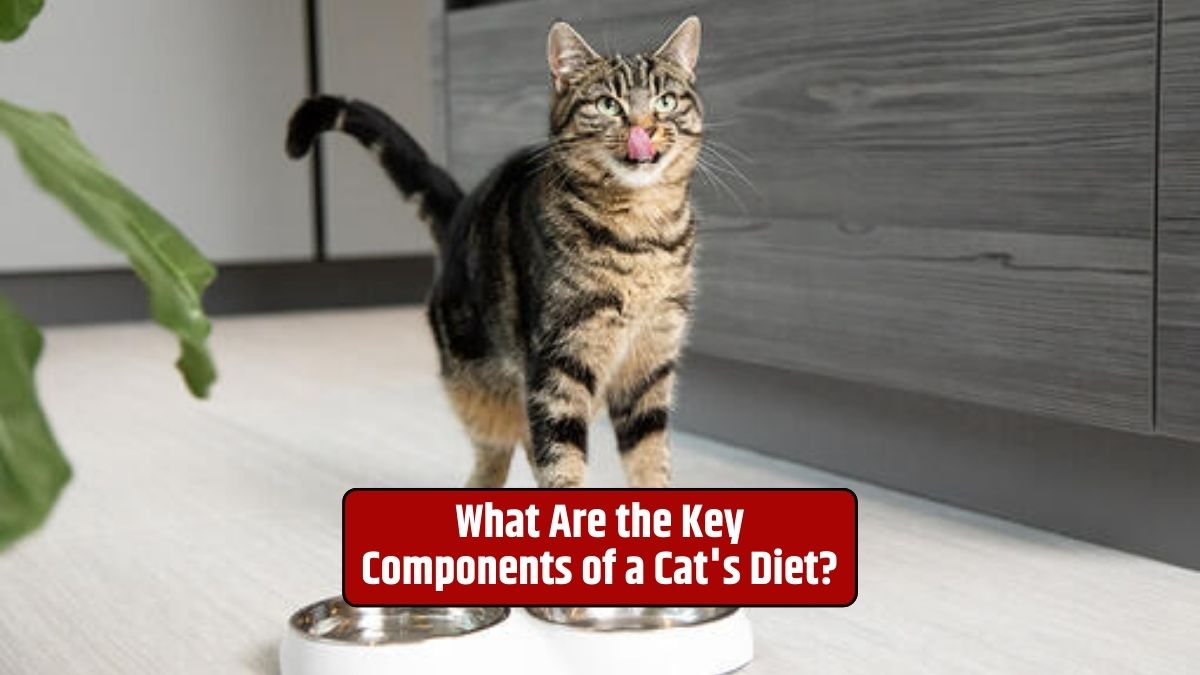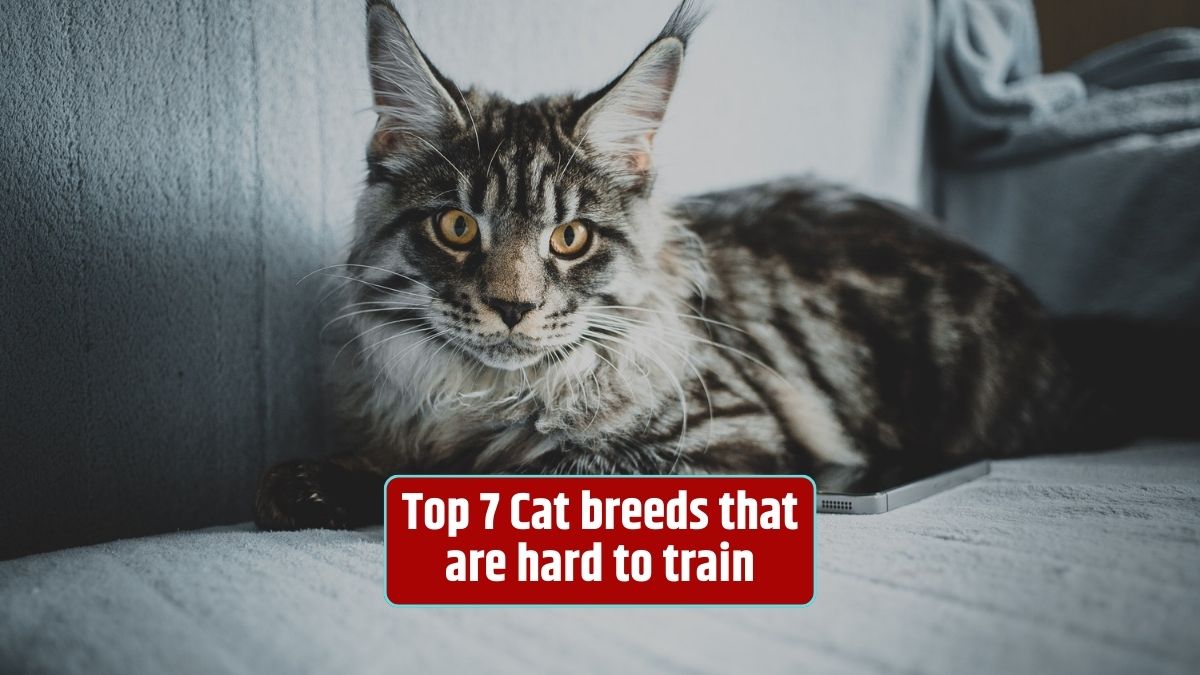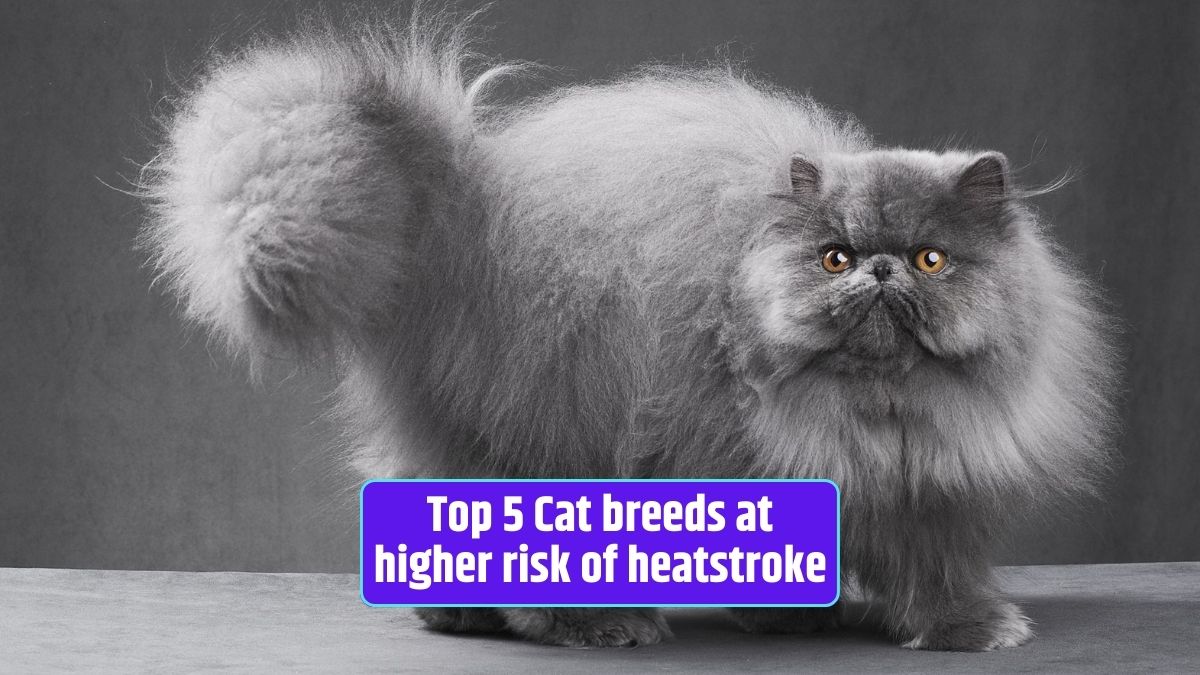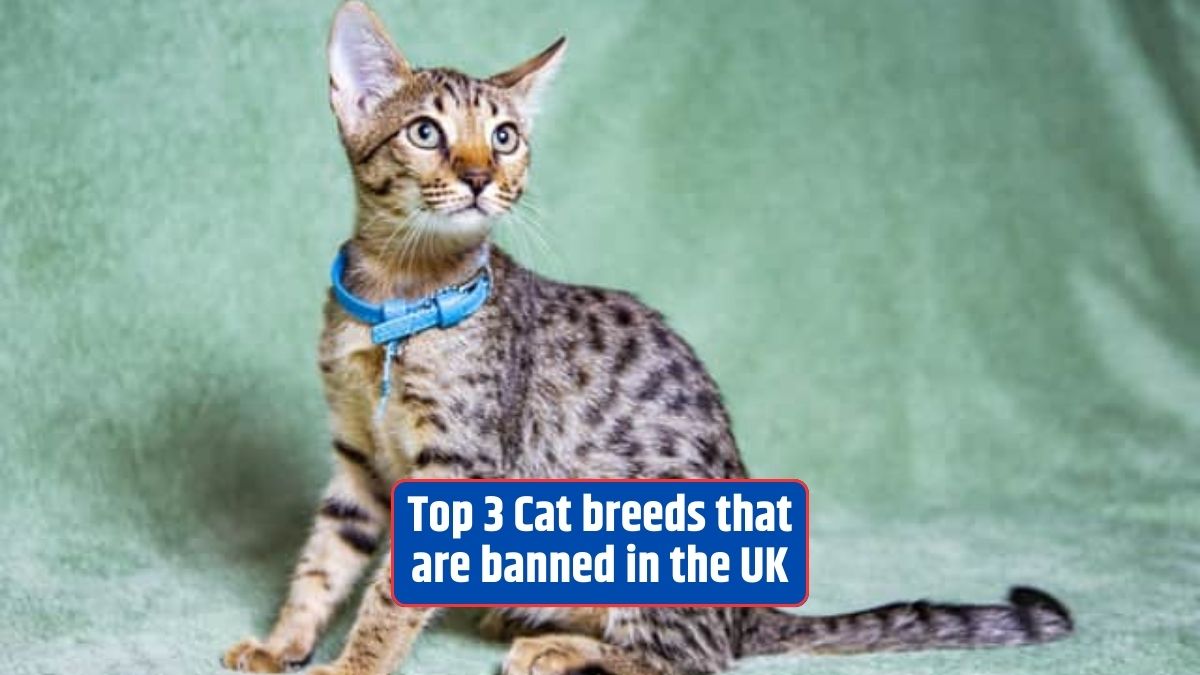When it comes to keeping your feline friend happy and healthy, a well-balanced diet is of utmost importance. In this article, we’ll delve into the key components that make up a cat’s diet and explore how to provide the best nutrition for your beloved cat.
The Cat’s Carnivorous Nature
Cats are obligate carnivores, which means their bodies are designed to thrive on a diet primarily consisting of animal-based proteins. This fundamental aspect of their biology shapes the components that should be present in their diet.
Protein
Protein is the cornerstone of a cat’s diet. It provides essential amino acids that cats cannot produce on their own. High-quality sources of protein include meat, poultry, and fish. A cat’s diet should consist of approximately 30-40% protein.
Fat
Fat is a concentrated source of energy for cats. It also plays a crucial role in maintaining healthy skin and a lustrous coat. About 15-20% of a cat’s diet should come from fat.
Carbohydrates
Cats have a limited ability to digest carbohydrates compared to other animals. While carbohydrates are not a primary component of their diet, they can be present in small amounts, primarily in the form of fiber from plant materials.
Vitamins and Minerals
Vitamins and minerals are essential for a cat’s overall health. These micronutrients include vitamins A, D, E, K, as well as various B vitamins. Important minerals include calcium, phosphorus, and magnesium.
Water
Water is perhaps the most critical component of a cat’s diet. Cats have a low thirst drive, so it’s crucial to provide them with a consistent source of fresh water. Canned cat food contains a significant amount of water, which can help maintain their hydration.
Cat Food Labels
When selecting commercial cat food, it’s essential to read and understand the labels. Look for these key elements:
- AAFCO Statement: The Association of American Feed Control Officials (AAFCO) statement ensures that the food is complete and balanced for your cat’s life stage, whether it’s for kittens, adults, or seniors.
- Ingredient List: Check the ingredients. High-quality protein sources should be at the top of the list. Avoid foods with excessive fillers and by-products.
- Nutritional Adequacy: Look for wording indicating that the food has undergone feeding trials to demonstrate its nutritional adequacy.
Feeding Practices
Maintaining a proper feeding routine is as important as the components of the diet itself. Here are some feeding practices to consider:
- Portion Control: Follow the feeding guidelines provided on the cat food packaging. Overfeeding can lead to obesity.
- Consistency: Stick to a consistent feeding schedule. Cats thrive on routine.
- Fresh Water: Always provide fresh water, especially if your cat is on a dry food diet.
Homemade vs. Commercial
While some cat owners prefer to prepare homemade cat food, it’s essential to consult with a veterinarian or a veterinary nutritionist to ensure that your cat’s nutritional needs are met. Commercial cat food is formulated to meet these needs, making it a convenient and reliable choice.
Conclusion
Understanding the key components of a cat’s diet is vital for every cat owner. By providing a diet rich in high-quality protein, moderate fat, and essential vitamins and minerals, you can contribute to your cat’s overall well-being. Remember that water is equally important, and always be mindful of the food you select.
FAQs
Can I feed my cat a vegetarian or vegan diet?
Cats are obligate carnivores, and their diet should primarily consist of animal-based proteins. It’s not advisable to feed them a vegetarian or vegan diet without consulting a veterinarian.
What are the signs of an unbalanced diet in cats?
Signs of an unbalanced diet may include poor coat quality, weight loss, lethargy, and digestive issues.
How can I transition my cat to a new type of food?
Gradually mix the new food with the old food, increasing the ratio of the new food over several days to allow your cat to adjust.
Are there specific dietary requirements for kittens and senior cats?
Yes, kittens and senior cats have unique nutritional needs. Choose cat food that is appropriate for their life stage.
What is the role of taurine in a cat’s diet?
Taurine is an essential amino acid for cats, and a deficiency can lead to various health issues, including heart problems and blindness.









